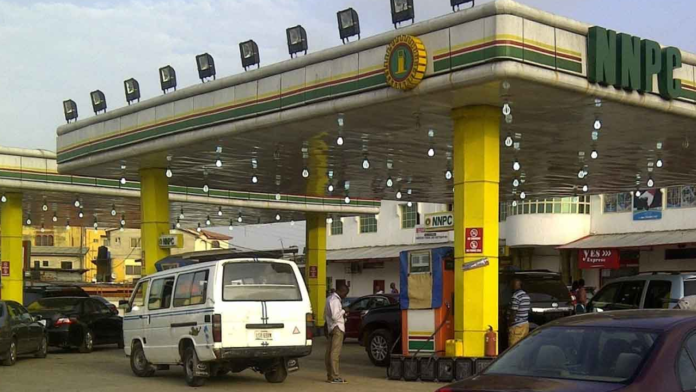The residents of the Federal Capital Territory have been left stranded and grappling with fuel shortages following the sudden closure of several retail outlets owned by the Nigerian National Petroleum Corporation Limited (NNPCL) within the capital city.
The PUNCH gathered that the stations that were closed for some days were allegedly ordered by the management of the national oil firm and will continue till next week.
The closures, attributed to logistical challenges, have led to long queues at remaining stations, with many motorists and commuters facing hours of delays.
At multiple stations visited by The PUNCH on Wednesday, such as those in Lugbe, Airport Road, Zone 3, Lifecamp, and Kubwa, motorists were turned away while attendants sat idly.
An attendant at an NNPCL station in Garki, who preferred to remain anonymous, stated, “We’ve been dry for two days now. There is simply no product to sell. We are awaiting directives from our suppliers.”
Another attendant in Kubwa, identified as Peter, said they have been selling previous petrol stocks and haven’t received fresh products due to the challenge.
“We finished our old stock yesterday. We only do not have products for today. We are expecting supplies and will definitely have them by tomorrow. But we have gas available for sale today,” he said.
A station manager at the NNPC Life Camp station, who confirmed the challenge and the directive by the NNPCL management, said the closure was due to some internal adjustments that affected all stations.
The manager, who declined to give his name, stated, “The reason why there has been no fuel in most of our stations in Abuja here in recent weeks is due to some internal adjustments/programmes being done at the management level.”
(The PUNCH)



